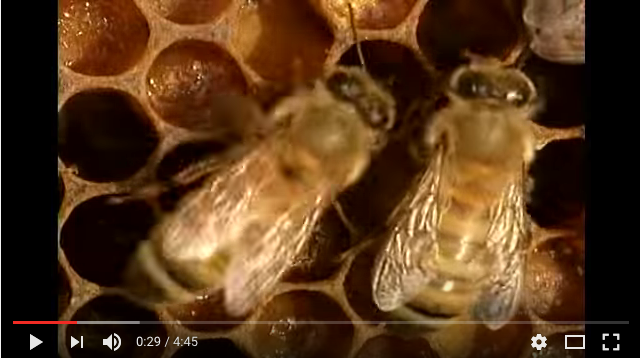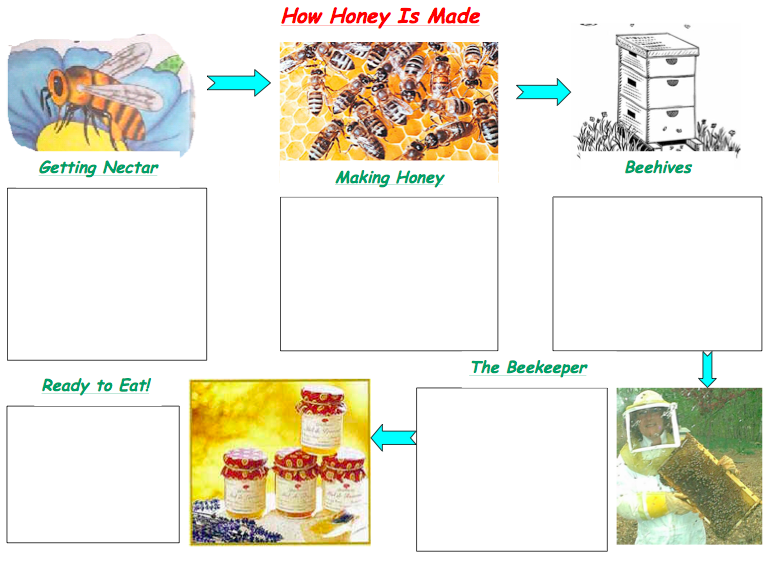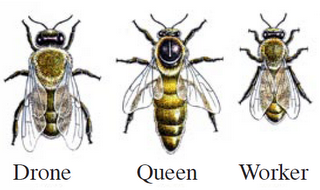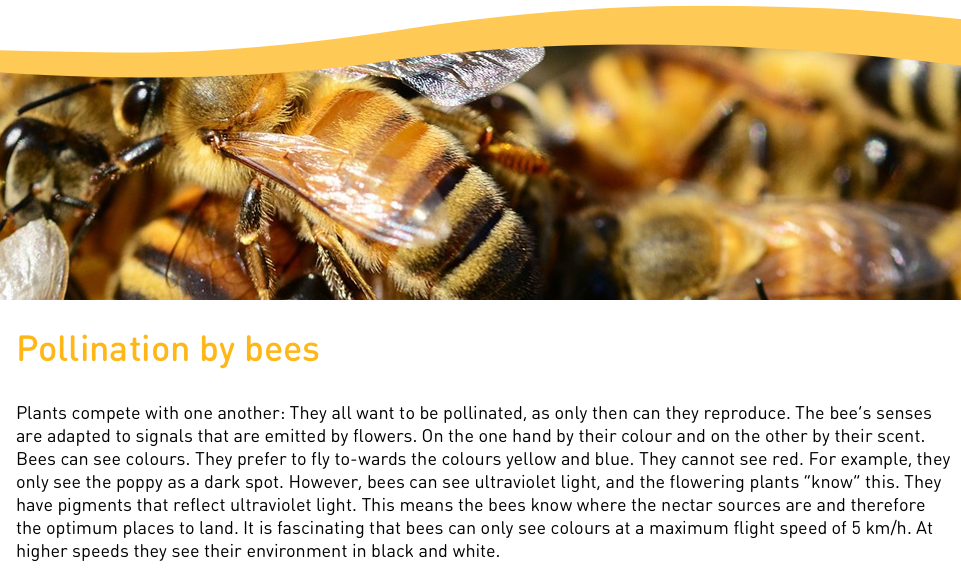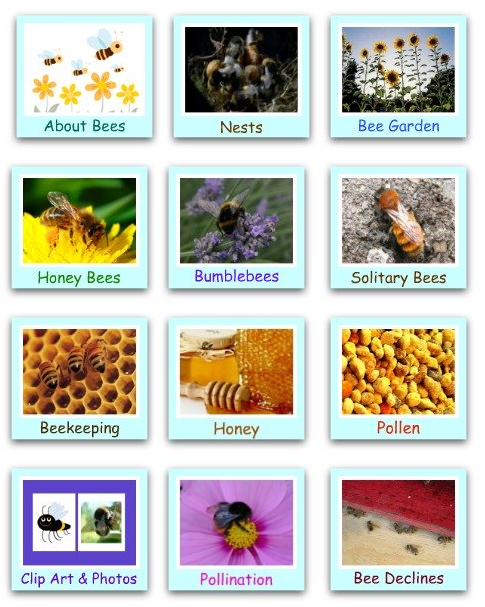How Honey is Made
Honey Making Tutorial
This is a video clip to show how honey is made. The journey starts with the bees flying from flower to flower to get nectar and finishes with the jars packed and ready to be shipped to stores.
Planning - Key Vocabulary
After watching the video clip above, encourage your children to write in some key terms and vocabulary associated with the process of making honey using this visual resource.
Facts about Honey Bees
This resources explores different facts about bees and highlights their importance in our lives.
Who's Who in the Hive?
Honey bees live in hives (or colonies). There are three types of bees in the hive:
Queen: One queen runs the entire hive. The queen lays over 2000 eggs a day, which provides the workforce for the hive. The queen also produces chemicals that influences and guides the other bees.
Workers: These worker bees are all female and their roles are to search for food by sucking nectar and gathering pollen on their hair from the flowers. Workers are the only bees most people ever see flying around outside the hive. A worker bee visits around 100 flowers per foraging flight, with a maximum speed of up to 30 kilometres per hour
Drones: These are the male bees and their purpose is to mate with the new queen. The drones do not have stingers and they do not collect nectar and pollen. Several hundred live in each hive during the spring and summer. But come winter, when the hive goes into survival mode, the drones are kicked out!
Pollination
This resource explores the process of pollination.
Believe it or not, plants compete with one another. The bee’s senses are attracted to flowers because of their colour and scent. Bees can see colours. They prefer to fly towards the colours yellow and blue. Bees cannot see red.

